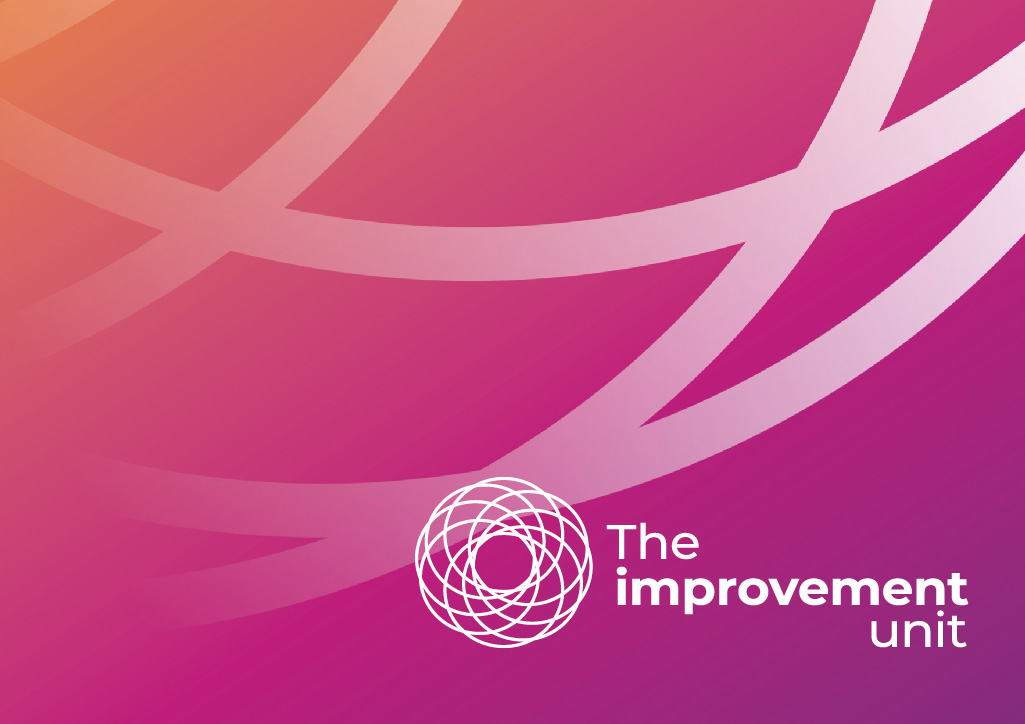In response to the continued operational pressures in elective care and following the success of the national 100-day challenges, NHS England commissioned MLCSU’s Improvement Unit to deliver a wave of specialty-based rapid improvement challenges across the North Region.
Action
The Improvement Unit supported eight healthcare sites/systems to utilise the 100-Day Challenge methodology to drive rapid improvement in specific elective care specialities. We did this by:
* Providing hands-on coaching and facilitation support to each site during the development and delivery phases, bringing leaders and frontline staff together to test ideas
* Facilitating a series of local and regional collaborative events to guide sites through tools to help them identify, develop, test and monitor improvements
* Providing dedicated ongoing coaching support to local site leads to ensure the progress and success of the activities
* Supporting the development and delivery of local sustainability plans for each initiative to ensure improvements
* Programme evaluation, including training and support for the development of case studies and social media materials for local sites, impact analysis and production of a final report.
The Improvement Unit offered additional project management support, coaching and facilitation where it was required and adopted a collaborative approach to all events; using practical workshops to support localities to achieve their goals.
Impact
* One system looking at the spinal MSK pathway saw Physio First referrals increase threefold in pilot practices, leading to fewer referrals to secondary care
* Paediatric Ophthalmology Did Not Attend rates reduced by 4 per cent with follow-up DNA rate down by 9.1 per cent in one month with one pilot trust
* The same trust also successfully trialled a Virtual Glaucoma Clinic with 41 per cent of suspected glaucoma patients discharged back into the community
* A trust working on ‘cold’ site utilisation reported no patient cancellations, improved patient experience, improved referral to treatment (RTT) performance and cost avoidance of £226,800 as a result of transferring more elective care activity to the cold site
* Another trust saved 15.66 bed days in one month as a result of a successful move for urology patients undergoing trial without catheter in an outpatient setting, another 25 patients (in one week) had their pre-op via telephone on the same day as being listed for surgery, reducing gaps in theatre lists and improving patient experience.

